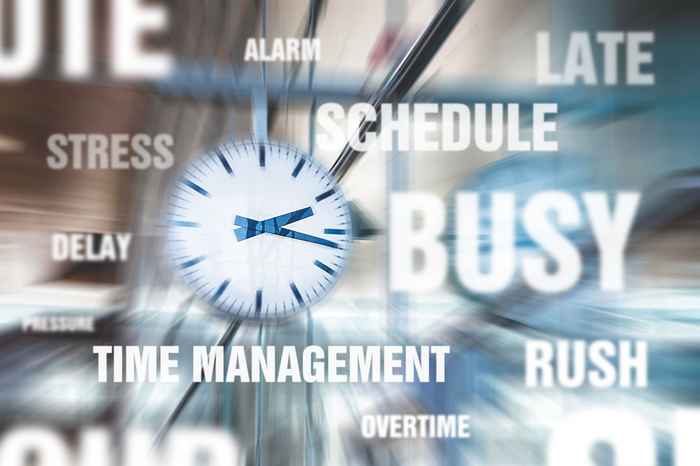AI and the reorganisation of the workplace
Citizens, Society and Artificial Intelligence (CiSAI)

The introduction of AI can influence processes between humans, but also introduces complicated AI-human interactions that can change the experience of work. To cope with these changes, employees need to continuously adapt, learn new skills to use AI technology in their daily work routines both individually and in teams, and need to keep thinking critically themselves in the presence of seemingly infallible AI. It is therefore essential that employees develop new skills and knowledge, and that organizations facilitate this learning.
Central questions
- What kind of employee, team, and organizational characteristics are helpful to quickly adapt to, and learn to work with, new AI technologies?
- What kind of leadership styles are most relevant when supervising employees who work with AI?
- Do employees working with AI relinquish responsibility or accountability, and are they more inclined to process information superficially rather than systematically?
- How can AI’s potential pathologies be minimized while reaping its benefits, for example to reduce group decision-making biases such as groupthink or other entrenched biases, for example in selection contexts?
- How can employees, organizations and/or institutions minimize or prevent feelings of job insecurity and stress stemming from AI developments at work?
Ongoing research
The complex interplay between AI and leadership
Researcher: Astrid Homan
Learning communities to continuously develop and learn new skills and abilities to work with AI
Researchers: Ellis Emanuel, Roy Sijbom, Jessie Koen, Matthijs Baas
Leader support as facilitator for dissemination of AI-related knowledge and skills within organizations
Researchers: Ellis Emanuel, Roy Sijbom, Jessie Koen, Matthijs Baas
Students as linking pins for AI knowledge transfer to organizations
Researchers: Ellis Emanuel, Roy Sijbom, Jessie Koen, Matthijs Baas
Development of formal models of creative thinking to assist the development of creative AI
Researchers: Matthijs Baas, Han van der Maas, Claire Stevenson
Proactive coping with job insecurity in a changing world of work
Researchers: Jessie Koen, Judith Langerak, Maarten van Bezouw
In a large-scale European project, researchers will develop interventions to promote our mental health at work. To this end various experimental projects will be set up in Europe, including two in the Netherlands.
More information?
Visit the overview page of our platform Citizens, Society and Artificial Intelligence (CiSAI).
